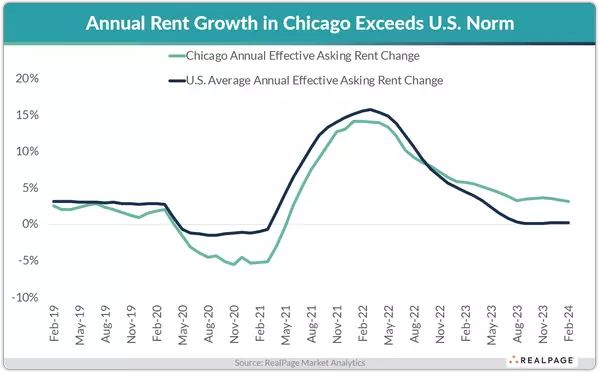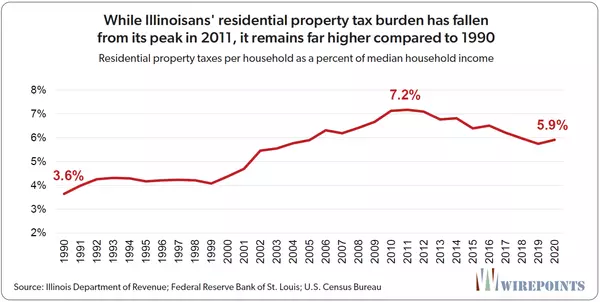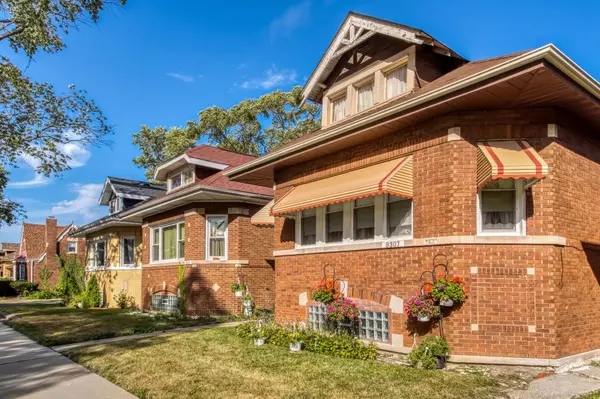Chicago's Rental Market: Strategies for Landlords and Tenants

Chicago’s rental market is as dynamic as the city itself. With a mix of historic properties, modern high-rises, and diverse neighborhoods, it offers opportunities and challenges for both landlords and tenants. As the market evolves in response to economic conditions, housing policies, and shifting demographics, navigating it effectively requires careful planning and strategy.
The Current State of Chicago’s Rental Market
Chicago’s rental market has experienced significant fluctuations in recent years. Rising interest rates and increased demand for rental properties have driven up prices in some neighborhoods, while others remain more affordable. Popular areas like Lincoln Park, River North, and the West Loop continue to attract tenants willing to pay premium rates, whereas neighborhoods like Rogers Park and Albany Park offer more budget-friendly options.
The impact of remote work has also reshaped rental trends. Many tenants now prioritize amenities such as home office spaces, high-speed internet, and proximity to parks and recreational areas. Landlords, in turn, must adapt to these changing preferences to remain competitive.
Strategies for Landlords
For landlords, maximizing profitability while maintaining tenant satisfaction is key to thriving in Chicago’s rental market. Here are some strategies:
-
Stay Competitive with Pricing:
- Research market trends and comparable properties in your area to ensure your rental rates align with the competition. Overpricing can lead to prolonged vacancies, while underpricing leaves money on the table.
-
Upgrade Amenities:
- Investing in modern amenities like in-unit laundry, updated kitchens, or smart home technology can make your property stand out. Even small upgrades, like fresh paint or improved lighting, can enhance appeal.
-
Screen Tenants Thoroughly:
- Use credit checks, references, and employment verification to find reliable tenants. A thorough screening process reduces the risk of late payments or property damage.
-
Understand Chicago’s Rental Laws:
- Familiarize yourself with local regulations, such as the Chicago Residential Landlord and Tenant Ordinance (RLTO), to ensure compliance and avoid disputes. This includes understanding rules about security deposits, lease agreements, and maintenance responsibilities.
-
Leverage Technology:
- Utilize online platforms for advertising, applications, and rent collection to streamline operations and reach a broader pool of potential tenants.
Strategies for Tenants
For tenants, securing the right rental in Chicago requires careful research and preparation. Here’s how to navigate the process effectively:
-
Set a Budget:
- Determine what you can afford, factoring in not just rent but also utilities, parking, and potential commuting costs. A general rule is to spend no more than 30% of your income on housing.
-
Research Neighborhoods:
- Consider your priorities, such as proximity to work, schools, or public transportation. Visit neighborhoods at different times of the day to get a sense of safety and atmosphere.
-
Be Prepared:
- Have necessary documents, such as proof of income, references, and a credit report, ready when applying for a rental. The market moves quickly, and being prepared can give you an edge.
-
Know Your Rights:
- Familiarize yourself with tenant protections under the RLTO. This includes understanding your rights regarding security deposits, lease termination, and repairs.
-
Negotiate Lease Terms:
- Don’t hesitate to negotiate terms, such as move-in dates, pet policies, or minor rent reductions. Landlords may be more flexible than you think, especially in less competitive markets.
Navigating the Evolving Landscape
Both landlords and tenants must stay informed about broader market trends and economic conditions. For instance, changes in Chicago’s property tax rates or new housing policies can have a significant impact on rental prices and availability. Staying updated through local news, market reports, and professional advice is crucial.
Building Positive Relationships
Ultimately, successful navigation of Chicago’s rental market hinges on fostering positive landlord-tenant relationships. Clear communication, mutual respect, and a willingness to address concerns promptly create a foundation for long-term success.
For landlords, happy tenants mean lower turnover and stable income. For tenants, a good relationship with a landlord can lead to a more enjoyable living experience. In Chicago’s dynamic rental market, these strategies can help both parties thrive while adapting to an ever-changing landscape.
Vic Melecio - LPT Realty
Categories
Recent Posts












